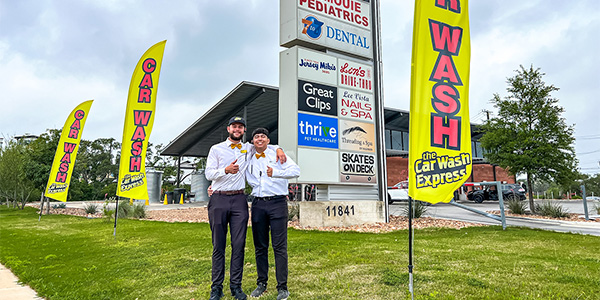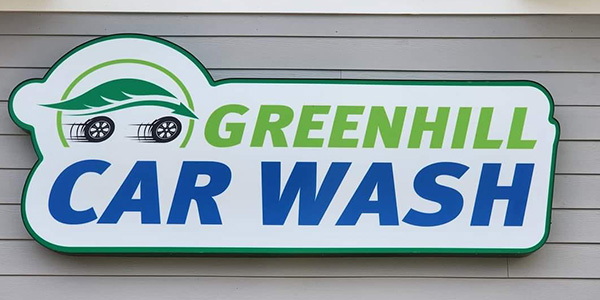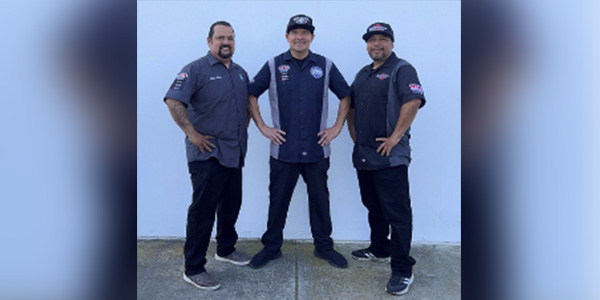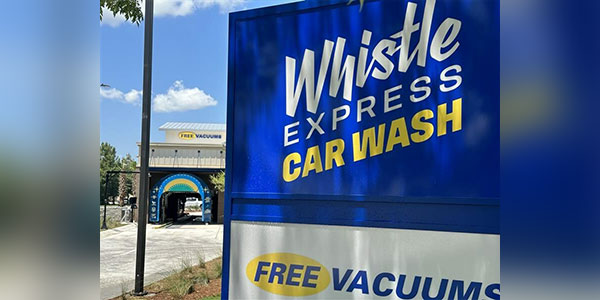NEW YORK — According to The New York Times, on May 31st, a federal judge ruled that a law passed in June 2015 designed to regulate carwash businesses violated federal law because it urged unionization.
The law had not yet gone into effect, as it was pending the judge’s ruling, the article noted.
The ruling also impacts Mayor Bill de Blasio’s initiatives to further protect low-wage carwash employees, the article continued.
Judge Alvin K. Hellerstein of Federal District Court in Manhattan stated that the requirement that carwash owners purchase a special bond as part of the licensing process — costing $30,000 for those with unionized workers or who agreed to monitoring and $150,000 for all others — “explicitly encourages unionization, and therefore impermissibly intrudes on the labor-management bargaining process,” the article noted.
Federal labor law prohibits states from interfering in employer-employee negotiations, the article added.
While between 100 to 200 carwashes operate throughout New York City, the article stated, fewer than 10 percent are unionized.
Stuart Appelbaum, president of the Retail, Wholesale and Department Store Union — which represents carwash workers — argued that the intention of the law was not to promote unionization, but rather to prevent “endemic wage theft within the carwash industry,” the article continued.
Appelbaum added that these “surety bonds” were meant to ensure that carwash workers would be able to collect the money due to them, the article stated, if it was found that wages were kept from them.
Appelbaum also noted that he would be satisfied with simply enforcing the $150,000-level bond for all carwash owners and that the Law Department should “seek clarification” about whether new legislation would be needed to achieve this, the article reported.
Steve Rotlevi, president of the Association of Car Wash Owners, stated that this association he heads was formed during a 2012 push to unionize workers and that the decision has, for the time being, helped preserve jobs, the article noted.
“A lot of us are cutting labor and converting to automated express washes,” Rotlevi said. “Any other decision would have literally eliminated thousands of jobs.”
Read the full article here.














